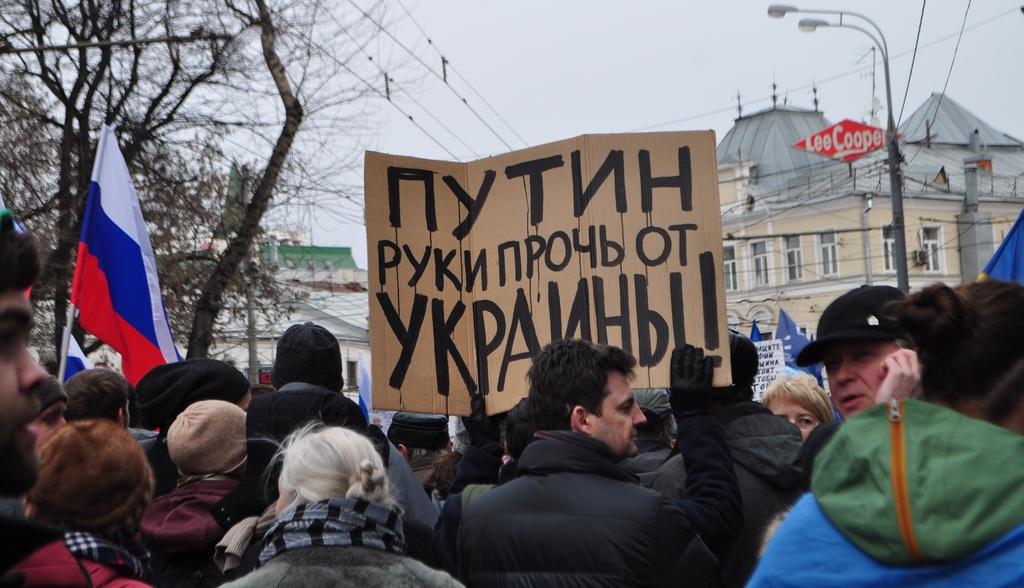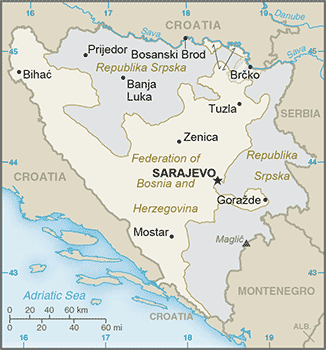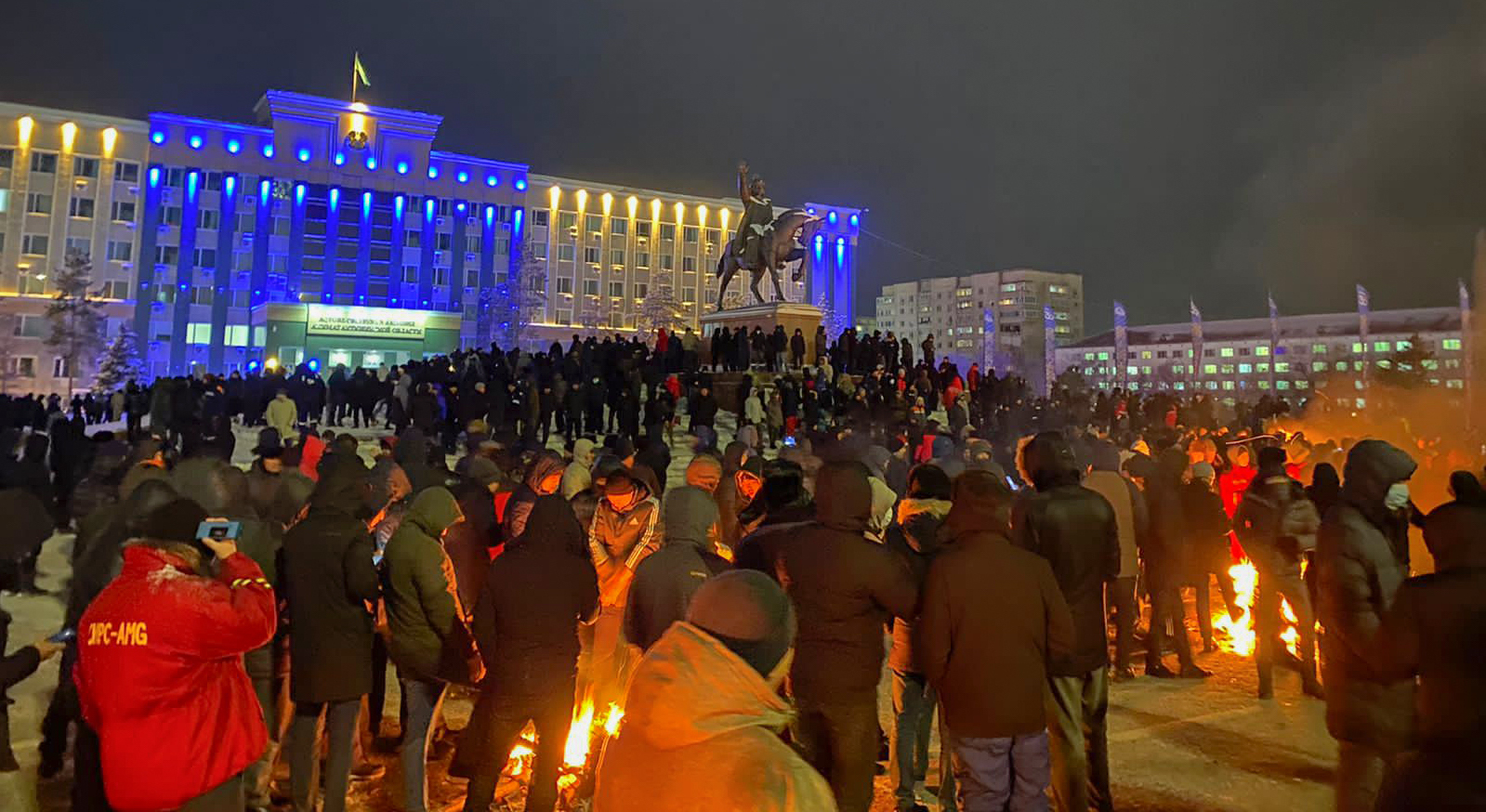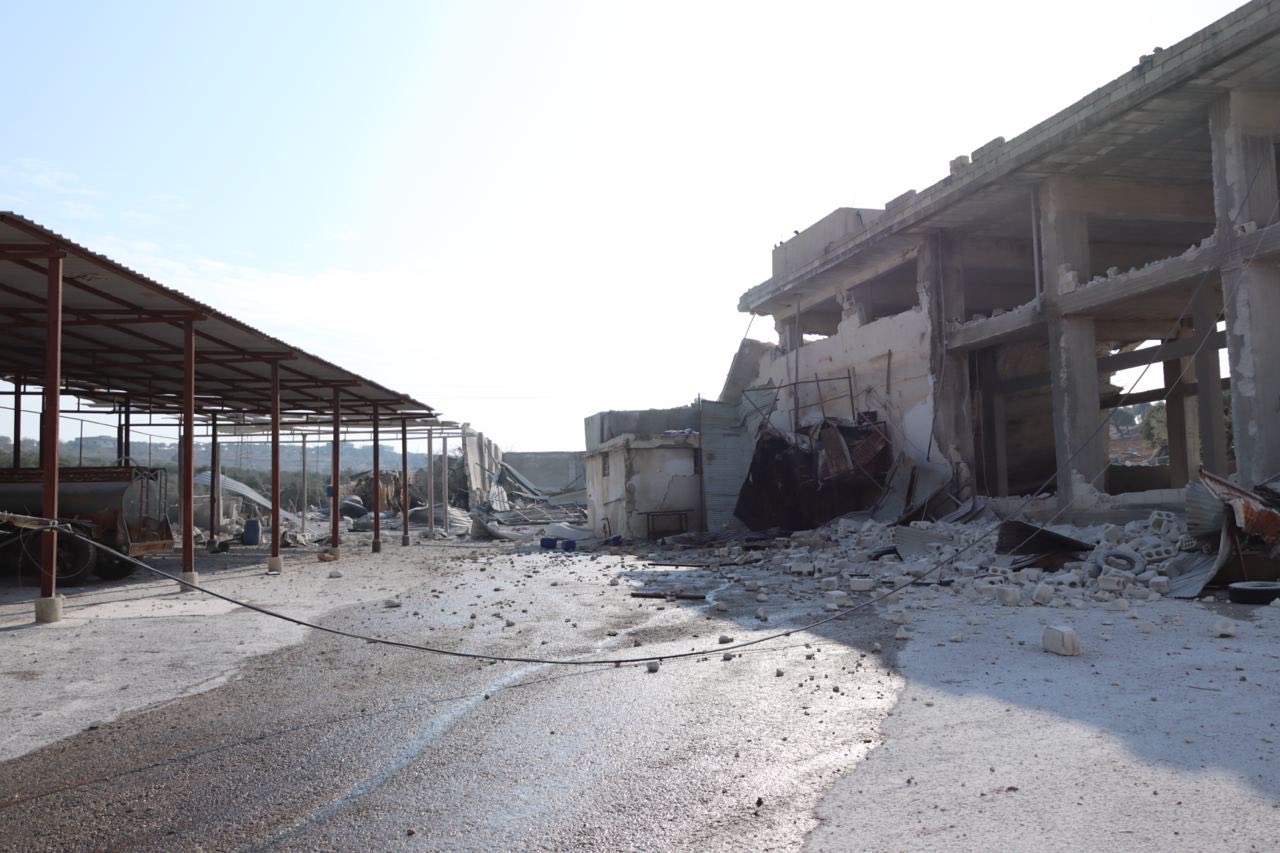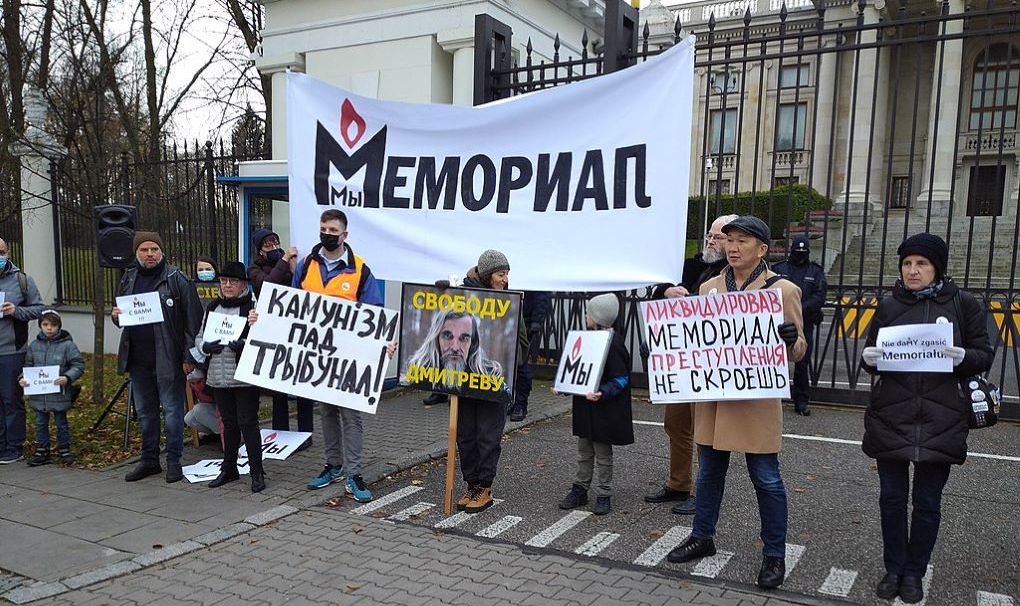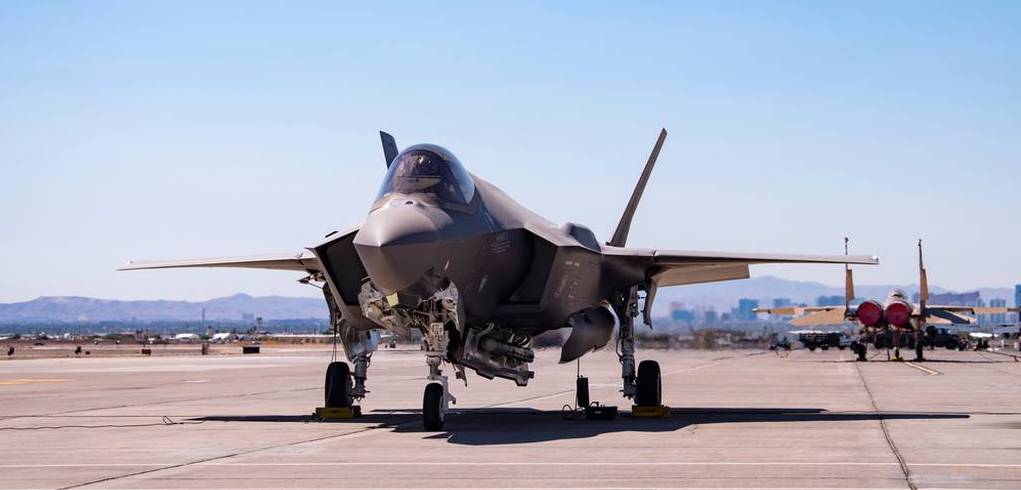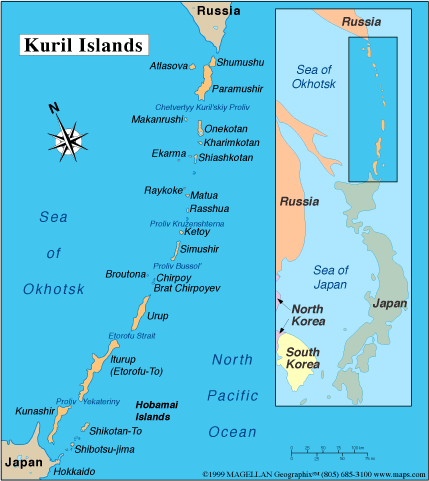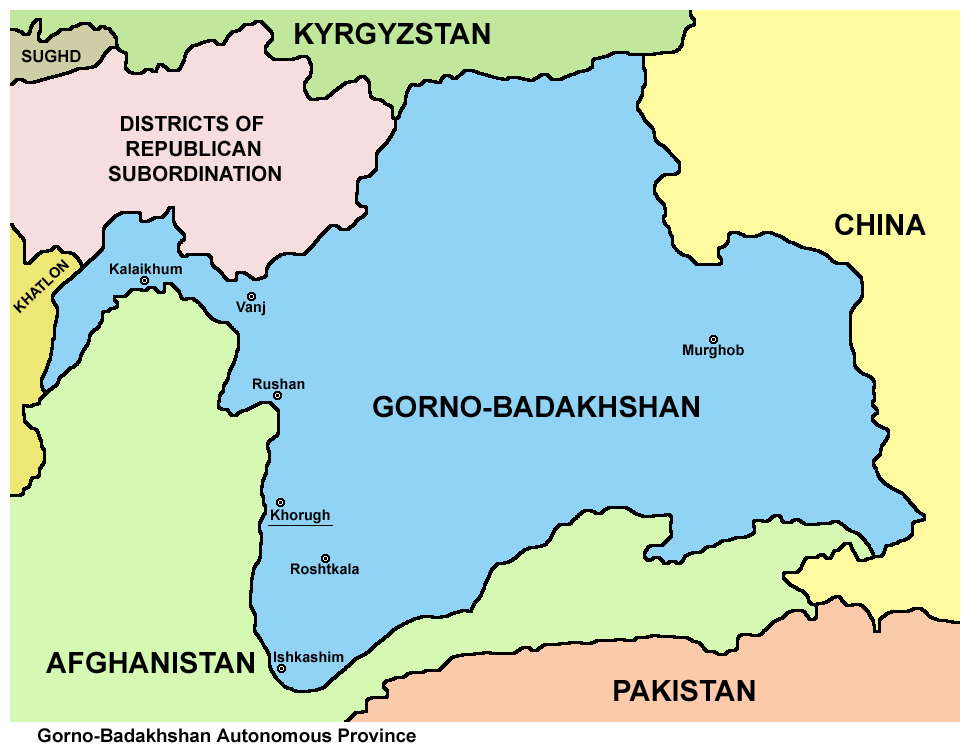
Tajikistan: internet darkness in Gorno-Badakhshan
Human Rights Watch urged Tajikistan’s authorities to restore internet connectivity in Gorno-Badakhshan Autonomous Region (GBAO, by its Russian acronym), and called on the national government to ensure due process for detained political activists. The trouble in the GBAO began in late November, when the shooting of a local man during an arrest sparked protests in the regional capital, Khorog. Protests calmed several days later, after local authorities vowed to undertake an investigation into the shooting, as well as the deaths of two demonstrators. The government also pledged that it would not prosecute arrested protesters, and would restore internet connectivity—but two months on, it has not done so. The GBAO is the home of the increasingly restive Pamiri ethnic minority, and was recently the scene of Russian-led military maneuvers on the border with Afghanistan. (Map: Wikipedia)



